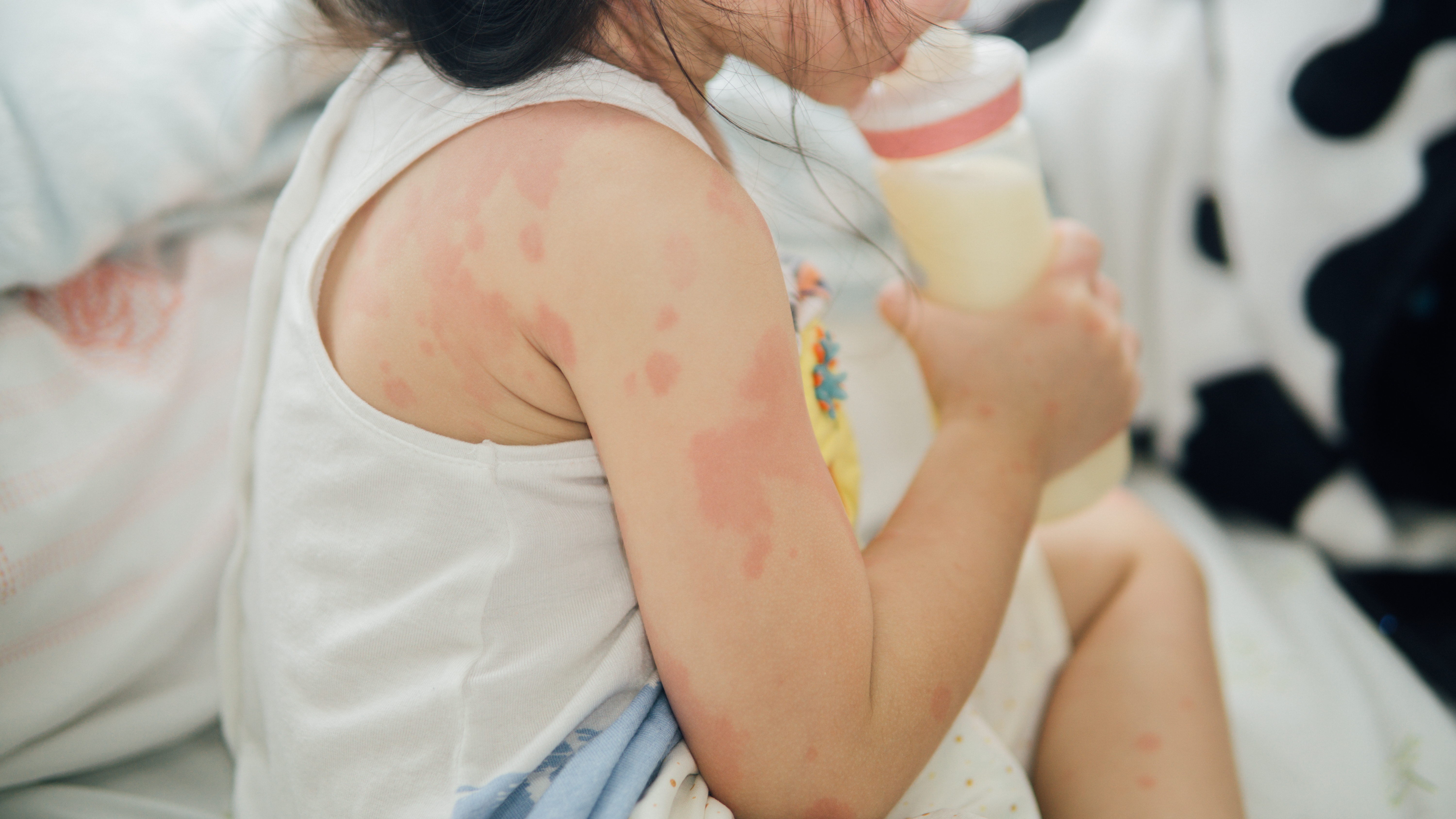What do I do if my child has a sesame seed allergy?
Your child should see an allergist (a doctor who specializes in diagnosing and treating allergies) who can discuss the sesame seed allergy with you in more detail. Children who have a sesame seed allergy should avoid all products that may contain sesame seeds.
Your child’s doctor may also prescribe a medication called an epinephrine auto-injector, which can be used to treat allergic reactions, in case your child accidentally eats a food containing sesame seeds.
If my child has a sesame allergy, must they avoid all types of seeds?
If your child has a sesame allergy, they may also be allergic to other types of seeds, including poppy, carroway, sunflower and flax. An allergist may suggest your child avoid all seeds due the risk of cross-contamination (see below).
Reducing the risk of cross-contamination
Cross-contamination occurs when one substance unintentionally comes in contact with another substance, for example a potential allergen. If the substances mix together, one substance taints the other substance, making it unsafe to eat.
Food allergens can contaminate other foods when, for example, the same containers, utensils or frying pans hold a range of foods.
Bulk food containers pose a high risk of cross-contamination because they are often used for different products.
Be sure to avoid using utensils or containers that may have come in contact with allergy-causing foods and ask about possible cross-contamination when eating out.
How can my child get the right mix of nutrients if they must avoid sesame?
The main nutrients in sesame seeds include calcium, magnesium, iron, phosphorus, vitamin B1, zinc and dietary fibre. Your child can still get these nutrients even if they must avoid sesame seeds and products that contain them.
Nutrients in sesame that are found in other foods
| Nutrient |
Where to find it |
| Calcium |
Cow’s milk, cheese, yogurt, calcium fortified orange juice, broccoli, salmon with bones, almonds |
| Magnesium |
Wheat germ, peas, pumpkin or squash seeds, almonds |
| Iron |
Meat, shrimp, poultry, beans (navy, pinto, kidney, garbanzo), whole wheat products, green leafy vegetables |
| Phosphorus |
Wheat germ, rice bran, wheat bran, cheese, beans, sardines, tempeh |
| Vitamin B1 |
Whole grain bread, cereal, pasta, rice |
| Zinc |
Meat, fish, poultry, whole grains, vegetables |
| Fibre |
Whole grains, fruits, vegetables |

